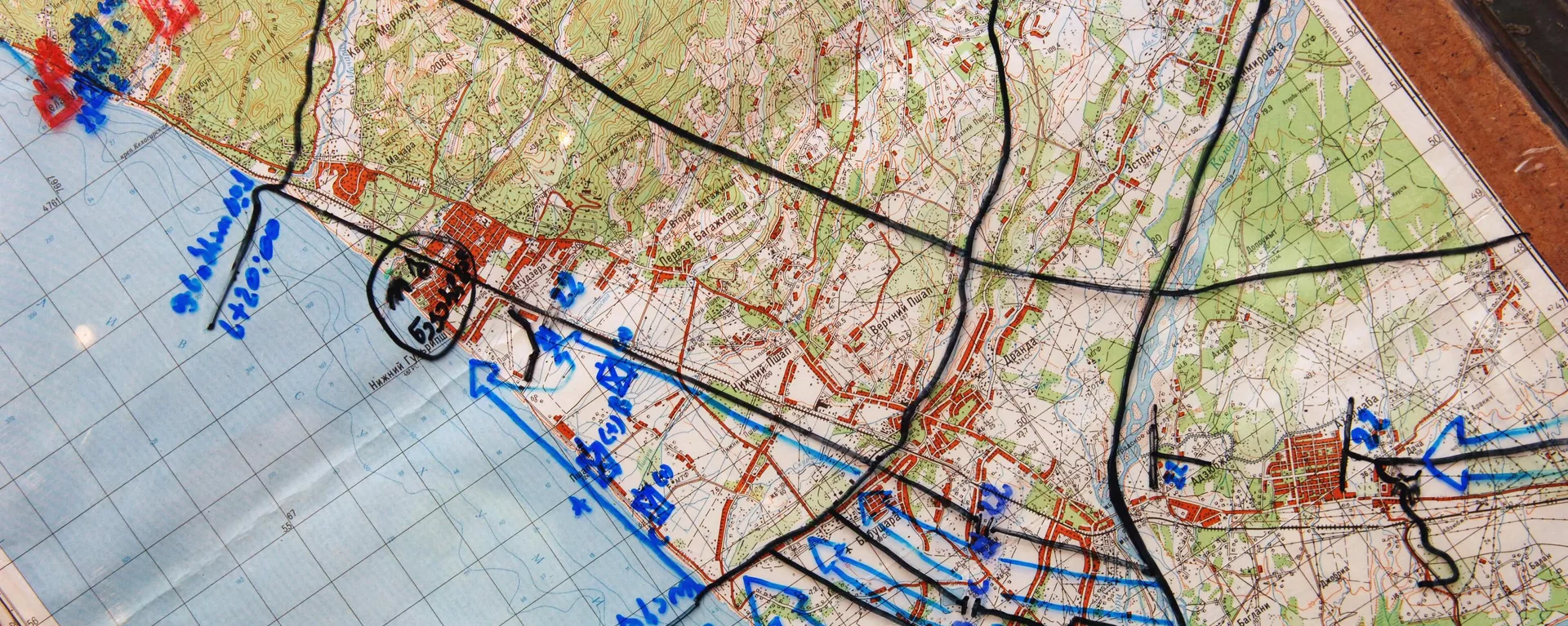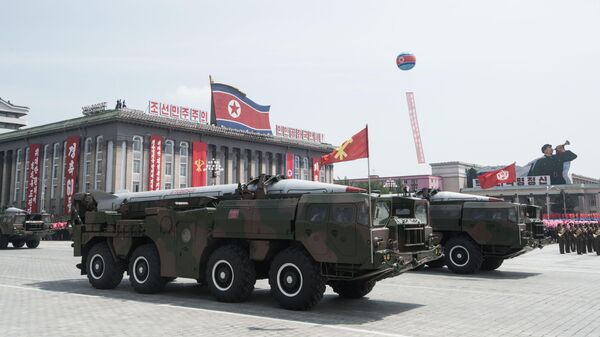A competent military intelligence officer must genuinely believe in the righteousness of their cause, according to Rustem Klupov, Hero of Russia and military intel veteran.
Additionally, Klupov emphasizes that a military intelligence officer should possess an unwavering willingness to sacrifice their life — not for monetary gain, but for a higher purpose.
However, the hallmark of professionalism for a military intelligence officer is the desire to “improve himself every day,” Klupov says, noting that these people today have to master several trades.
“They must be trained as intelligence operatives and trained in the use all the weaponry and equipment they have to employ,” he explains.
The veteran also points out that humanity’s technological advancements have significant impact on the field of military intelligence.
“On the one hand, it simplifies intelligence gathering, on the other, it makes operations on the battlefield more complex,” Klupov says.
For example, he explains, certain technological solutions such as UAVs or spy satellites make it possible to collect intelligence without endangering personnel. On the other hand, there are many ways to counter electronic surveillance, such as electronic countermeasures or decoys, which “creates new challenges for intelligence.”
"Intelligence is undergoing a significant transformation," Klupov stated. "A new form of intelligence has emerged: cyber intelligence. This discipline gathers information from digital sources and the Internet, particularly from the military's designated networks used for command and control."
He noted that innovative methods and strategies for acquiring this information are being developed and implemented.
Klupov also emphasized the crucial role of effective communication between intelligence officers and their superiors. "Convincing your superior of the authenticity of the information you've collected can be challenging due to the overwhelming volume of data available," he explained. "The term 'fake' has become one of the most frequently used words in today's world, leading commanders to question even the most reliable intelligence reports. An intelligence officer's professionalism hinges on their ability to be persuasive."

 2 months ago
15
2 months ago
15







 We deliver critical software at unparalleled value and speed to help your business thrive
We deliver critical software at unparalleled value and speed to help your business thrive






 English (US) ·
English (US) ·